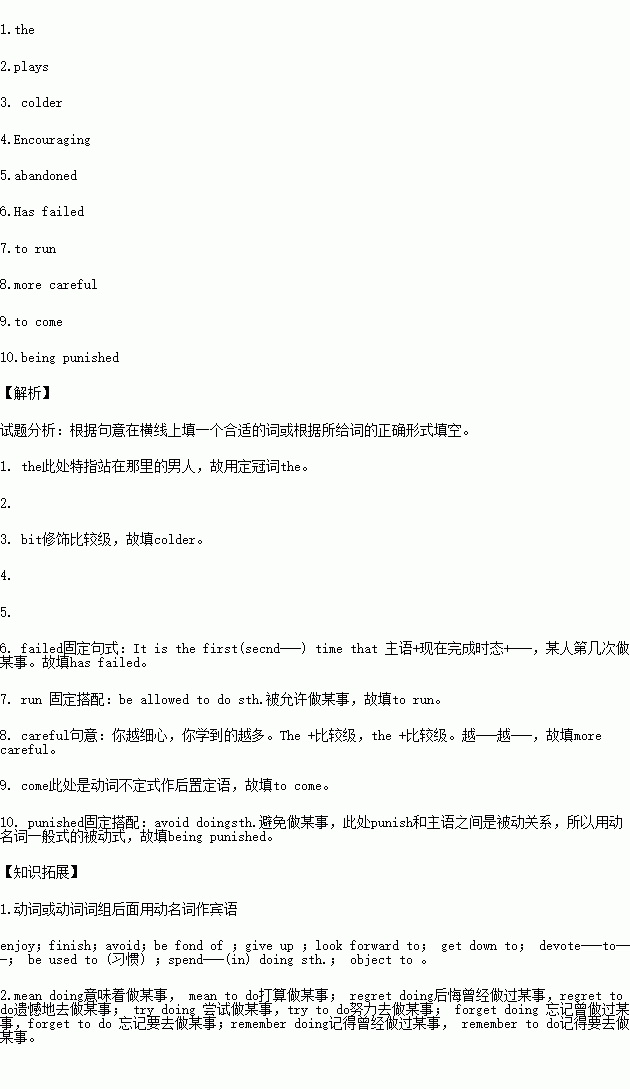Every man wants his son to be somewhat of a clone, not in features but in footsteps. As he grows you also age, and your ambitions become more unachievable. You begin to realize that your boy, in your footsteps, could probably accomplish what you hoped for. But footsteps can be muddied and they can go off in different directions.
My son Jody has hated school since day one in kindergarten. Science projects waited until the last moment. Book reports weren’t written until the final threat.
I’ve been a newspaperman all my adult life. My daughter is a university graduate working toward her master’s degree in English. But Jody? When he entered the tenth grade he became a “vo-tech” student(技校学生). They’re called “motorheads” by the rest of the student body.
When a secretary in my office first called him “motorhead”, I was shocked. “Hey, he’s a good kid,” I wanted to say. “And smart, really.”
I learned later that motorheads are, indeed, different. They usually have dirty hands and wear dirty work clothes. And they don’t often make school honor rolls(光荣榜).
But being the parent of a motorhead is itself an experience in education. We who labor in clean shirts in offices don’t have the abilities that motorheads have. I began to learn this when I had my car crashed. The cost to repair it was estimated at $800. “Hey, I can fix it,” said Jody. I doubted it , but let him go ahead, for I had nothing to lose.
My son ,with other motorheads, fixed the car. They got parts(零件)from a junkyard, non-toasting toaster have been fixed. Neighbours and co-workers trust their car repair to him.
Since that first repair job, a broken air-conditioner, a non-functioning washer and a non-toasting toaster have been fixed. Neighbors and co-workers trust their car repairs to him.
These kids are happiest when doing repairs. They joke and laugh and are living in their own relaxed world. And their minds are bright despite their dirty hands and clothes.
I have learned a lot from my motorhead: publishers need printers, engineers need mechanics, and architects need builders. Most important, I have learned that fathers don’t need clones in footsteps or anywhere else.
My son may never make the school honor roll. But he made mine.
1.What used to be the author’s hope for his son?
A. To avoid becoming his clone.
B. To resemble him in appearance.
C. To develop in a different direction.
D. To reach the author’s unachieved goals.
2.What can we learn about the author’s children?
A. His daughter does better in school.
B.His daughter has got a master’s degree.
C. His son tried hard to finish homework.
D. His son couldn’t write his book reports.
3.The author let his son repair the car because he believed that_______.
A. His son had the ability to fix it.
B. it would save him much time.
C. it wouldn’t cause him any more loss
D. other motorheads would come to help.
4.What did the author realize in the end?
A. It is unwise to expect your child to follow your path.
B. It is important for one to make the honor roll.
C. Architects play a more important role than builders.
D. Motorheads have greater ability than office workers.

